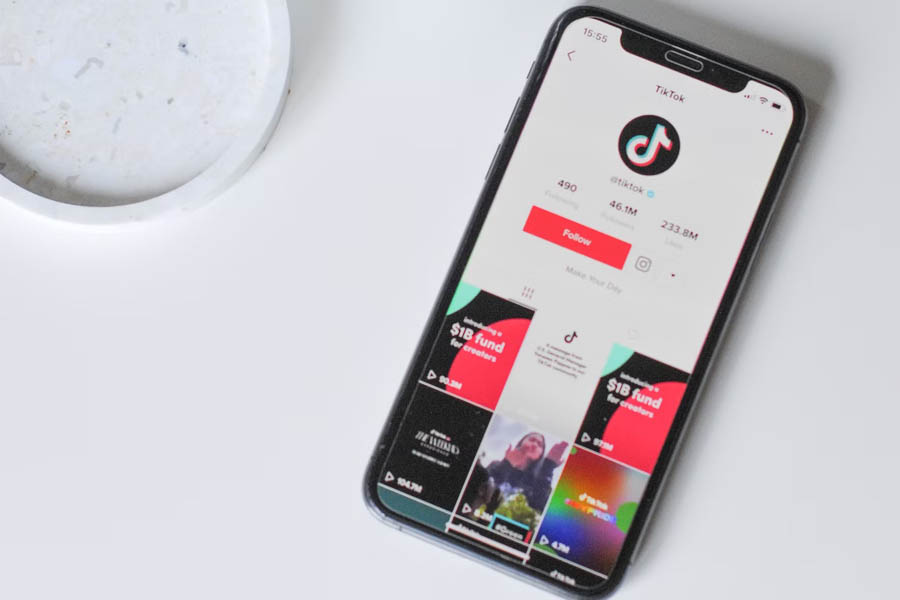
In the wake of a recent government-imposed block on TikTok in Senegal, executives of the world's most downloaded app find themselves grappling with a series of challenges emerging across Africa. Somalia has also raised concerns about the app, and Kenya's parliament is contemplating outlawing it. TikTok, in response, is intensively investing to separate its U.S. and European operations from its Chinese parent company, aiming to address political concerns and avert potential bans. These efforts are essential to ensuring its continued presence across the African continent. For now, TikTok has managed to stave off a crisis in Kenya. Following a productive video call between TikTok's Singapore-based CEO and Kenya's President, an agreement was reached to allow the app to continue operating in the country. TikTok remains accessible in Somalia as well. These developments underscore the ongoing concerns governments worldwide have regarding the management of TikTok's significant popularity, particularly among young people.
In Africa, where the population is notably young, the focal point of governmental concerns revolves around controversial content. TikTok is working diligently in Kenya to reduce sexually explicit content on live videos during late-night hours, addressing specific concerns raised by the Kenyan community. This situation differs from the concerns in the U.S. and Europe, where some politicians have voiced fears about the Chinese government's potential influence over TikTok's Beijing-based parent company, ByteDance. TikTok adamantly maintains that it would refuse any such requests from Beijing and is actively investing billions to insulate its U.S. and European operations from China. TikTok has not disclosed its African user numbers, but its influence on the continent is substantial due to its popularity among the youth demographic. In Kenya, for instance, a recent survey by the Reuters Institute for the Study of Journalism found that 53% of mainly English-speaking online news viewers use TikTok. Kenya, with a population of approximately 53 million people, is the most populous African country considering a TikTok ban. Its appeal to the tech industry lies in its high level of education, English literacy rate, and cost-effective labor market. Google parent company Alphabet has a product development center in Kenya, and Meta, the parent company of Facebook, has outsourced its African content moderation to contractors in Nairobi. TikTok also maintains a presence in Kenya, though its largest office on the continent is in South Africa. The challenges TikTok faces in Kenya became evident after a news outlet published a report on inappropriate content on TikTok's live-video feature during late-night hours. TikTok's response includes a commitment to hiring more Kenyan moderators to enhance content moderation on the platform. A local businessman submitted a petition to the Kenyan parliament, calling for a TikTok ban on cultural and religious grounds. This led to discussions between TikTok and Kenyan President William Ruto, resulting in TikTok's commitment to allocate resources to help Kenyans generate income through the app. Meanwhile, the situation remains uncertain in Somalia and Senegal. In Somalia, concerns about violent extremism on TikTok prompted a ban, although enforcement has not yet occurred. TikTok is actively engaging with Somali regulators to address these concerns.
In Senegal, where the government cited hateful and subversive messages as the reason for the ban, TikTok is awaiting official communication from authorities. Beyond Africa, TikTok faces bans in other regions as well. Jordan blocked the app following clashes between protesters and a police officer's death, while Kyrgyzstan authorities have announced plans to ban TikTok, prompting the company to send government-relations officials to engage with local authorities. TikTok's journey through these global challenges underscores the evolving landscape of social media regulation and the complexities of balancing cultural, political, and security concerns with a platform's widespread popularity. It remains to be seen how TikTok will continue to navigate these challenges while ensuring a safe and engaging platform for its users worldwide.